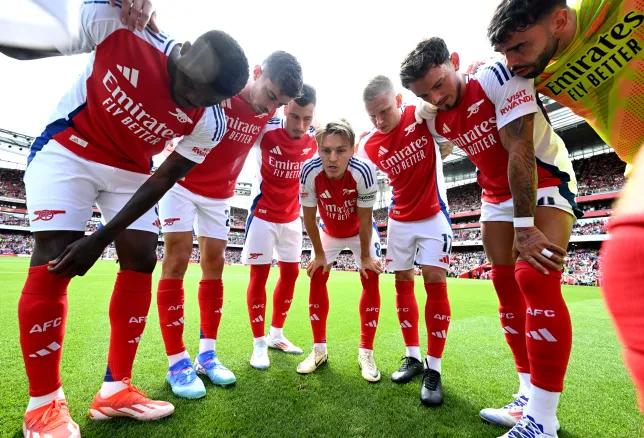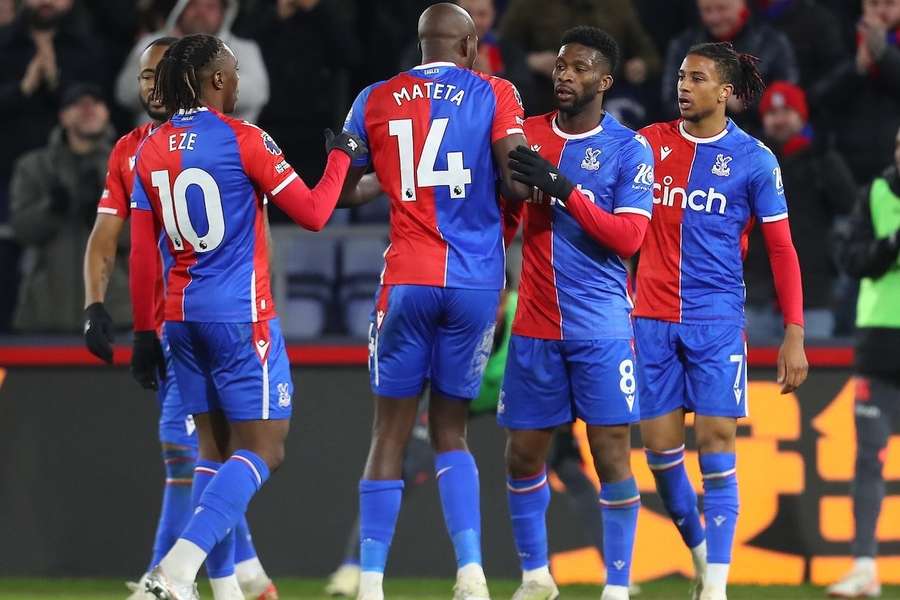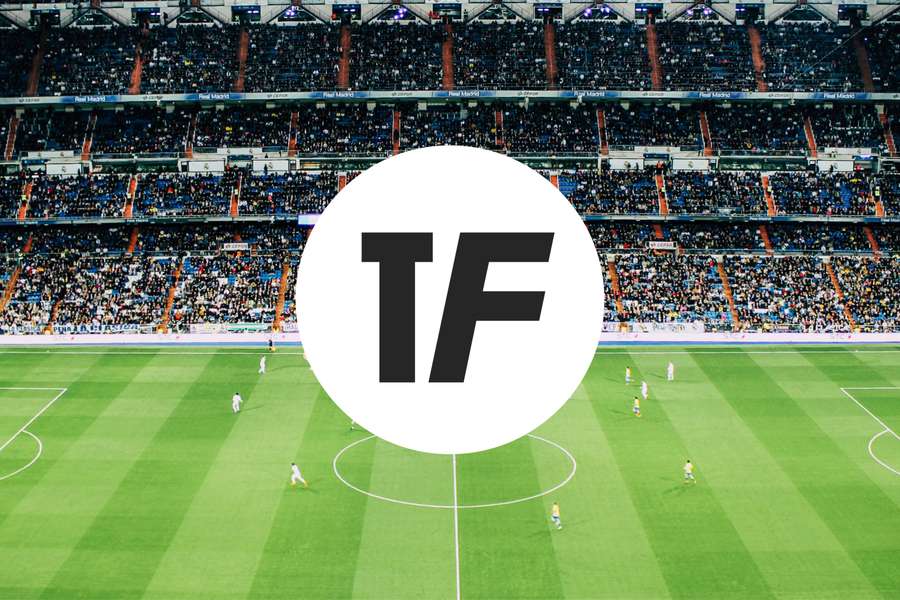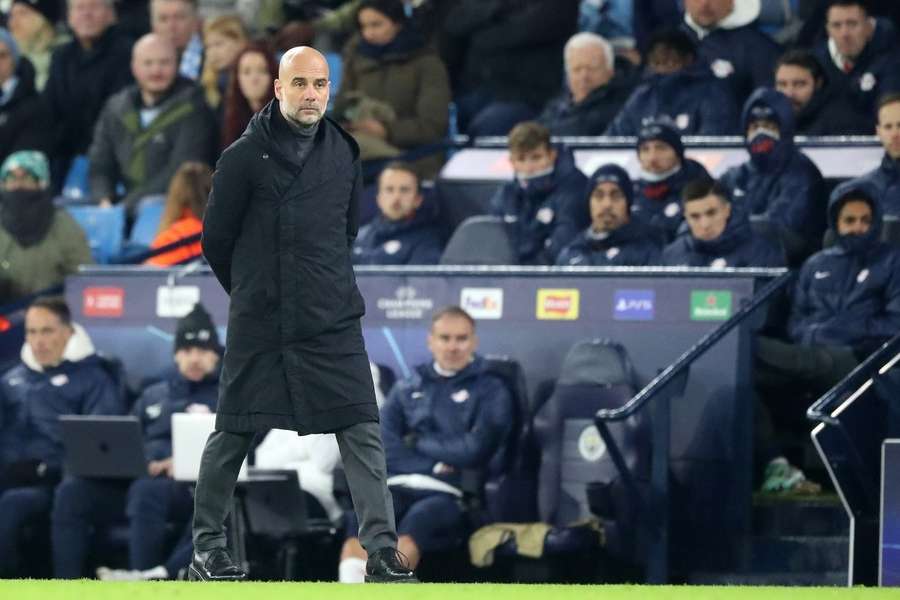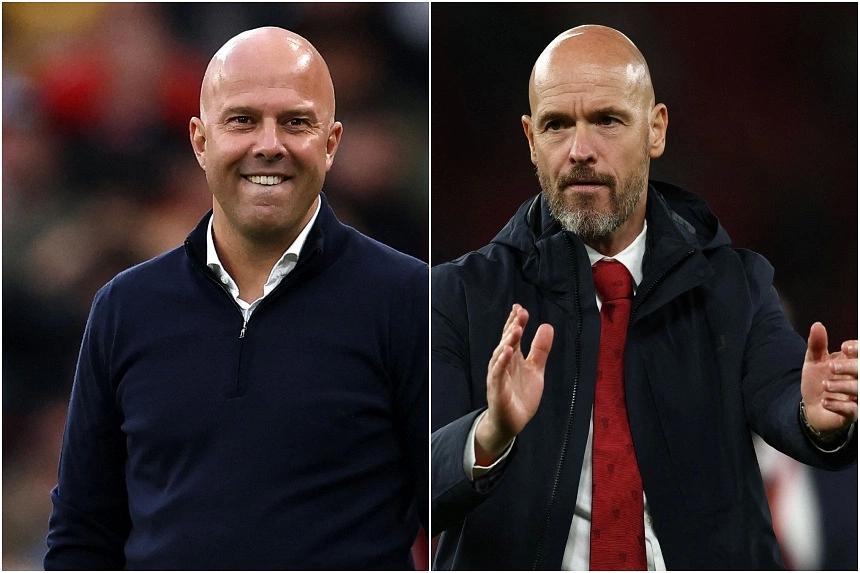Matthijs de Ligt's Transfer to Man Utd: Will Erik ten Hag's Prediction of Greatness Unlock His True Potential?

Back in 2019, Erik ten Hag expressed his uncertainty about Matthijs de Ligt reaching 60 to 80 percent of his potential, saying, "I do not know if Matthijs de Ligt has shown 60 to 80 per cent of his potential." However, he confidently asserted that de Ligt is already one of the top defenders in Europe and predicted that he would soon become the best in his position.
De Ligt was 19 at the time and Ten Hag's captain at Ajax on their run to the brink of the Champions League final. He had been 17 when becoming the youngest player to feature in a Europa League final and departed, still a teenager, having made 100 senior appearances.
There was little doubt that he was bound for more glory at Juventus and beyond. Ten Hag, speaking more broadly about young Ajax players, name-checked De Ligt as one of those who have "a certain invincible feeling" about them. He was a sure thing.
But the player now being pursued by Manchester United is at a slightly different stage of his career. His time in Turin was no more than a qualified success. At Bayern Munich, his form dipped, resulting in him losing his place in the side for both club and country.
And yet, there is optimism. At 24, there is still time for him to come again. De Ligt retains the fundamentals. There is a belief that if his old coach becomes his new one, the best years could yet be ahead of him. Ten Hag could help to rediscover his potential.
TrendingAnd that potential remains vast.
It was identified at a young age in the famed Ajax academy. There, it was considered so inevitable that he would reach the first team that plans for his progress focused not on how they could help him make it but on how they could help make him world-class.
Speaking to former Ajax coach Ruben Jongkind, one of those tasked with implementing Johan Cruyff's vision during the years of the so-called Velvet Revolution at the club, he shone a light on the typically feisty conversations that were happening at that time.
"There were fights between us and the existing coaches," Jongkind told . "They wanted to play him at centre-back. We said no. He has to play in the midfield because one of his problems is the speed of his actions and his decision-making."
This interpretation of Cruyff's more holistic approach was that De Ligt would be best served by "playing in the midfield to develop this as a No 6." From there, where there was less time on the ball and more scanning required, he would gain vital experience.
"They said that he is better at centre-back," continued Jongkind. "Yes, we know. And later he will become a centre-back for the first team. But when he is there he will need these capabilities. That is why we must play him in midfield." This idea won out.
It was not about the success of the team, it was about the development of the individual. "Maybe we will have to play someone else at centre-back and we will concede because Matthijs is not there. But for Matthijs this is still the best thing to do."
The result is that De Ligt's composure remains a feature. He ranked second in the Bundesliga last season for passing accuracy, finding a team-mate 94.03 per cent of the time. He also ranked second for forward passing accuracy at 85.55 per cent.
That is important. Ten Hag has long been critical of possession for possession's sake, among those to call this constant circulation of the ball Hollanditis, an illness in need of a cure. With De Ligt, he encouraged him to pass but to pass the ball with purpose.
If those numbers are encouraging, so is the fact that, with De Ligt on the pitch, Bayern averaged 2.09 goals per 90 minutes - the best individual record of any player in the Bundesliga. But such statistics cannot mask the fact that he had a difficult campaign.
It will alarm some Manchester United supporters that Eric Dier appeared to win the trust of Thomas Tuchel more easily, De Ligt finding himself on the bench for the biggest game of the Bundesliga season against Bayer Leverkusen in February.
United would represent another fresh start. There are reasons to believe it could work. He will find a coach who not only believes in him but needs him. Such have been United's defensive travails that there is the potential for De Ligt to make a big impact.
Jonny Evans, 36, made more Premier League appearances than any other centre-back last season, a hint at the challenges Ten Hag faced at the back. He went through 10 different centre-back partnerships before Christmas and that disruption showed.
"No team can deal with this, with so many injuries," said Ten Hag. But the improved showing once Raphael Varane was paired with Lisandro Martinez offered some encouragement that personnel, rather than a deeper malaise, could have been the root cause.
Varane has since left the club but De Ligt is a natural replacement on the right side of defence. He has the potential to complement Martinez in a way that Jarrad Branthwaite, for example, would not. They are at the right age to forge a convincing partnership.
It is a gamble of sorts, one that invites easy criticism given De Ligt's own niggling injuries and Ten Hag's predilection for looking to past players to build United's future. There was indeed a time when this Dutch defender was a sure thing but that time is not now.
Even so, five years on from when their paths parted, both are in position to help the other. If Ten Hag was right and the teenage De Ligt was operating at no more than 80 per cent of his full potential, the prospect of spending his prime at Old Trafford appeals.
Physically, he has the frame to cope with the challenge. Mentally, he has the leadership skills in-built. Technically, he has the ball-playing ability. Tactically, he is in tune with the coach's ideas. A gamble, perhaps. But one that could prove to be a bargain for United.
RELATED STORIES
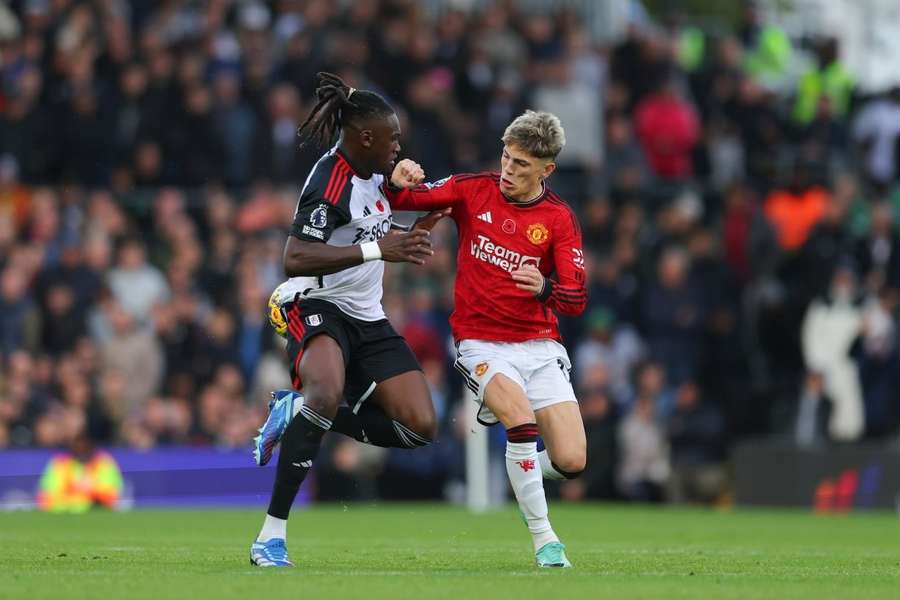
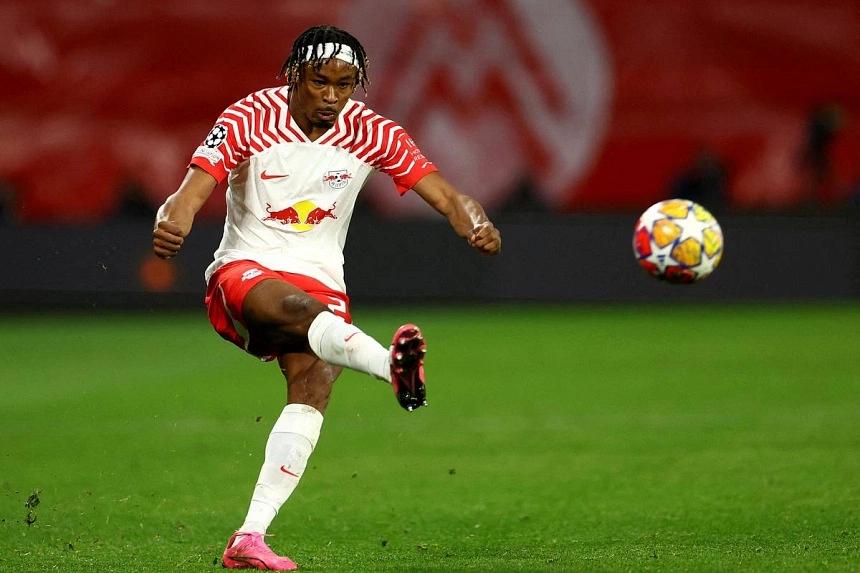
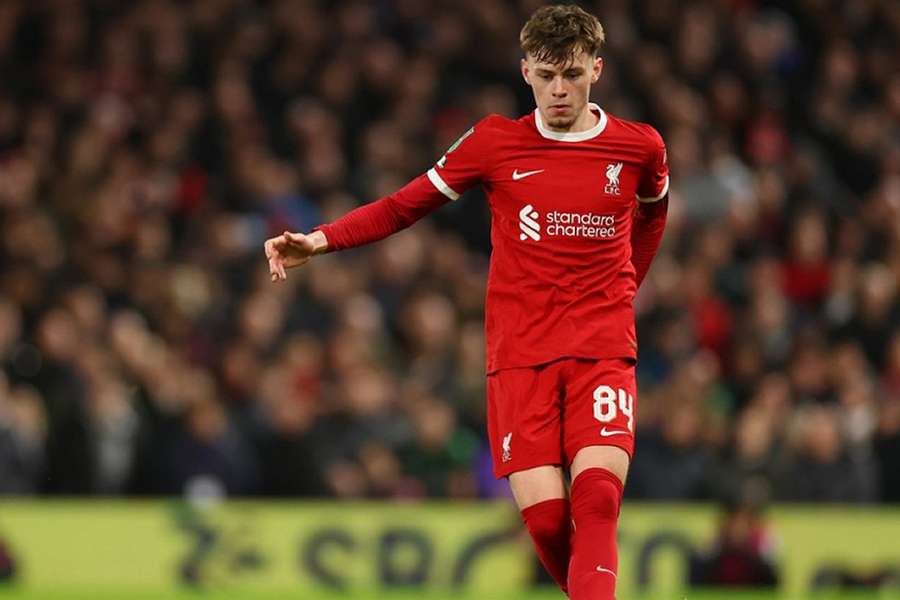
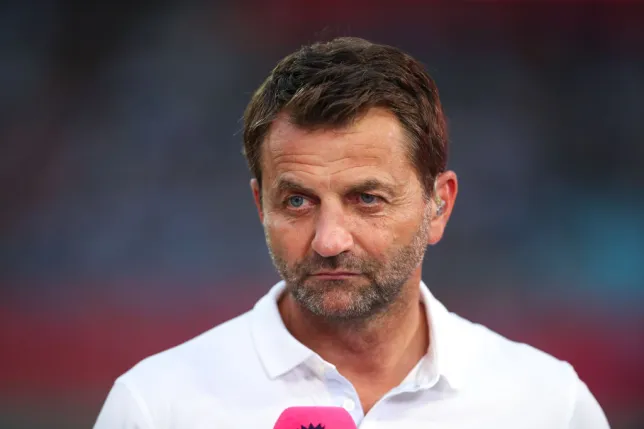


LATEST NEWS
